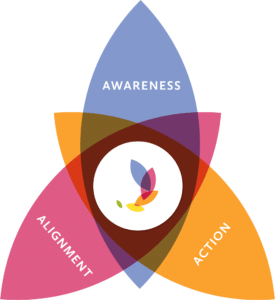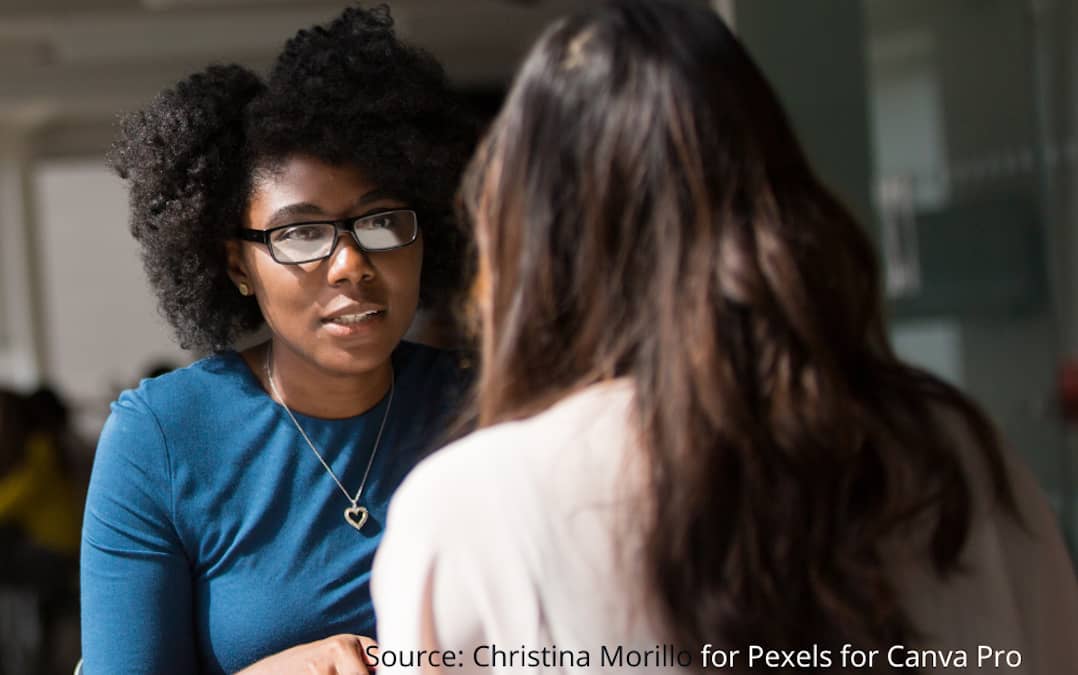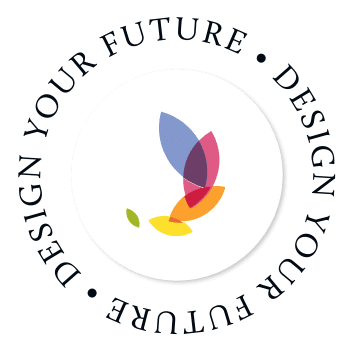At various points in our life, we find ourselves at a crossroads. We know some form of change is necessary, but we’re uncertain about the type and magnitude of change we’re willing to embrace. Transformation requires a dramatic change, while a transition is more of a direct path from one point to another. As a coach who has spent nearly fifteen years working with clients seeking transformative change in their lives, I’ve noticed some confusion between the different approaches to professional and life coaching. So, in this post, I will address the question “What is Transformational Coaching,” explain how it works, and provide tips for finding the right transformational coach for you.
What is Transformational Coaching and How Does it Work?
Transformational coaching is the process of partnering with someone to support them through a significant change that helps them grow, develop, and ultimately “rewrite their reality.” The underlying premise behind transformational coaching is that you will examine everything that could be in service of that transformation. It includes a holistic examination of your life, such as your cultural identity, influencers, and messaging that may be a catalyst or hindrance to significant change.
Transformational coaching is very different from transitional, goal-oriented, or situational coaching where the coach works with you to address a specific challenge with a focused outcome. This often happens in professional environments. A transitional coach would help you move from one job to another, while a transformational coach empowers you to completely rethink what’s possible for you professionally. They may even help you rewrite the parameters of what a professional life could look like in the context of your whole life.
The Transformational Coaching Model
Another distinction between a transformational approach to coaching and a transitional one is how a coaching engagement unfolds. With a transitional approach, goal setting takes place, and the coaching happens in a more or less a linear fashion in service of that goal.

In contrast, the transformational approach is a process where awareness, alignment, and action work together as co-equal catalysts to create energy and momentum around a topic. It involves building an overall understanding of what you want to accomplish, but delves deeply into building awareness around any thoughts and assumptions that you may have about your topic.
We see any questions as an opportunity to explore what you know about the topic. Then, once we build awareness, we examine any shifts in perspective and see how this newfound awareness aligns with your desired outcome. Finally, we begin to set actionable goals around the topic and work through that change together.
The power behind this methodology is that there are many sources of information and inspiration that can help you approach your challenge. Sources like courses, books, and podcasts, so you can learn, synthesize new information, and see what works well for you. Instead of examining answers on a two-dimensional basis, all possibilities are introduced so ultimately you feel empowered to make an informed decision.
It is important to note that a transitional coaching engagement can happen in as little as three sessions because you are simply trying to get from point A to B. Transformational coaching, on the other hand, will take longer. But it has the potential to be much more rewarding because you’re investing in designing an entirely new outlook and outcomes.
What are the Benefits of Transformational Coaching?
The biggest benefit of transformational coaching is long-lasting, sustainable change. Since the process prioritizes a true understanding of the question at hand in the context of one’s whole life, it offers a special opportunity. You gain awareness of the impact of your unique perspective, an understanding of the special gifts you have to share with the world, and conquer fears so you can become the person you were meant to be.
While long-lasting, sustainable change is the biggest benefit, there are many other rewarding outcomes from embarking on a transformational coaching journey such as:
- Envisioning what is truly possible without compromise
- Gaining awareness about your talents, motivators, dreams, fears, cultural influences, and assumptions, then exploring how they are shaping your worldview
- Shifting to an empowered perspective and mindset
- Realizing that success does not happen in isolation, but by having support through your transformational journey
- Defining what fulfillment looks like
- Designing your own terms for success and happiness
What Skills and Training do Transformational Coaches Receive?
A truly great transformational coach possesses a combination of knowledge, skills, and attributes that work together to drive that transformative experience for clients. Professional coaches undergo hundreds of hours of training and supervision, and usually possess a credential from a globally recognized coaching association, such as the International Coach Federation. Great transformational coaches are also lifelong learners who continuously invest in their development and explore different philosophies and techniques so they can better serve their clients.
How To Find and Choose a Transformational Coach

Finding and selecting a transformational coach can be an opportunity to begin building your awareness about what’s important to you. As the coaching profession continues to grow, you may find friends, family, and colleagues mentioning their work with a coach. Some may even enthusiastically recommend their coach. If you don’t receive inspiring referrals, other resources for locating a great transformational coach include the International Coach Federation and LinkedIn.
As you identify a few potential transformational coaches, take a few moments to think about the three most important factors you value within a coaching relationship. Then look at their websites and notice the following
- Does the coach clearly articulate their methodology?
- Do they mention transformation at all?
- Does their message resonate with what you want to accomplish?
- What level of coach training, certification, and continuing education do they showcase on their site?
If any of the coaches offers a discovery call, take advantage of the offer. Then listen for the types of questions they ask. For instance:
- Are they genuinely interested in what you hope to accomplish?
- Do they ask you questions that give you a “positive pause” that makes you say, “great question” before answering?
- Do they seem relaxed and confident, or eager to sell you on their methodology in order to “close” you?
Finally, one low-risk way to learn more about the coach and their approach is to participate in a course or group session they offer. This will allow you to learn and develop while determining if they provide the transformational experience you seek.
Key Takeaways
Transformation is a process that has the potential to yield exceptional results through long-lasting, sustainable change. By partnering with the right coach, you can design the exceptional future you want and enjoy success.
Exceptional Futures empowers world-class professionals and organizations to discover their purpose so that they may develop a powerful vision and design a strategy for transformation. Take the first step in your journey by visiting our resources page for a helpful quiz and other information.





